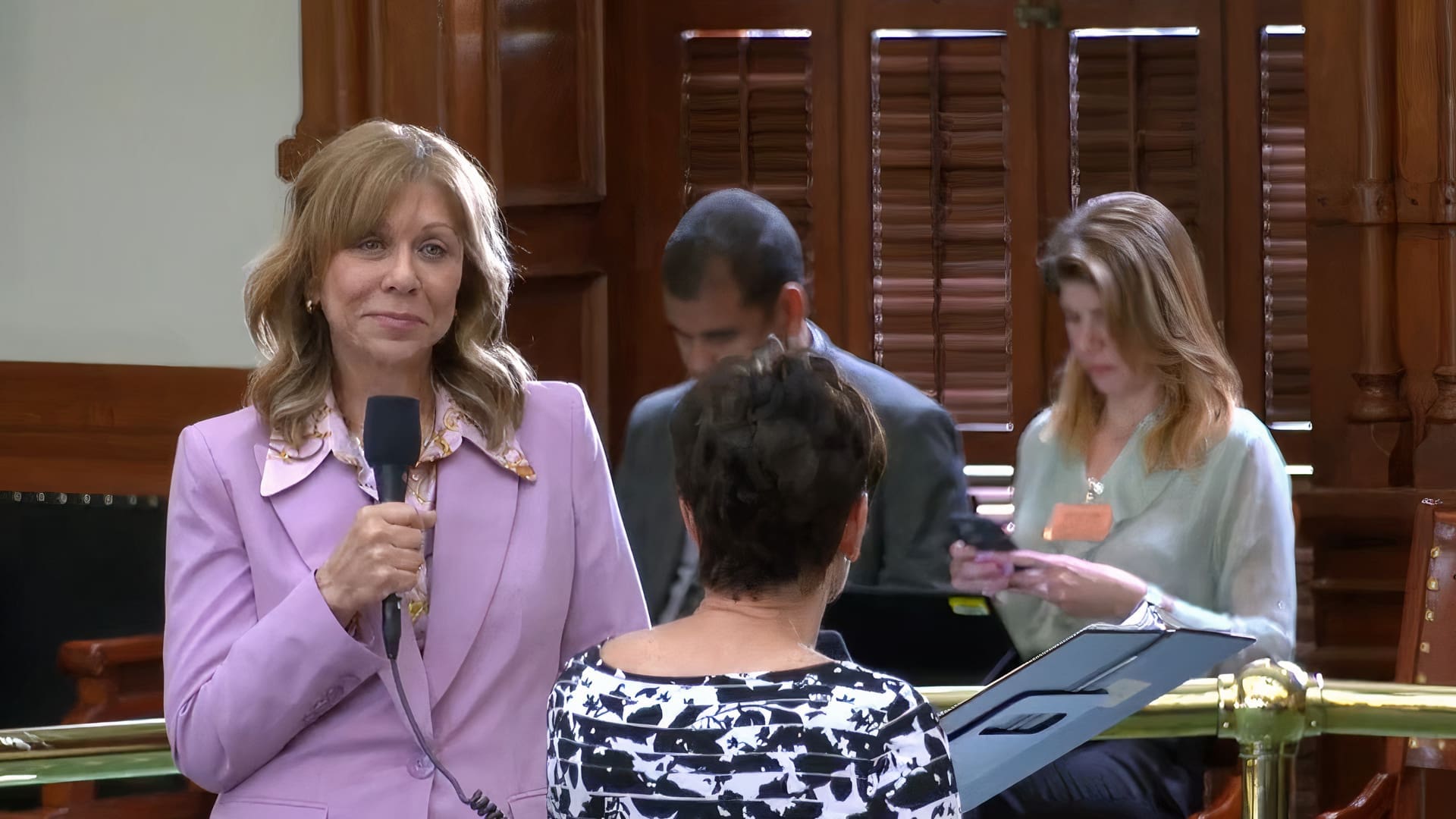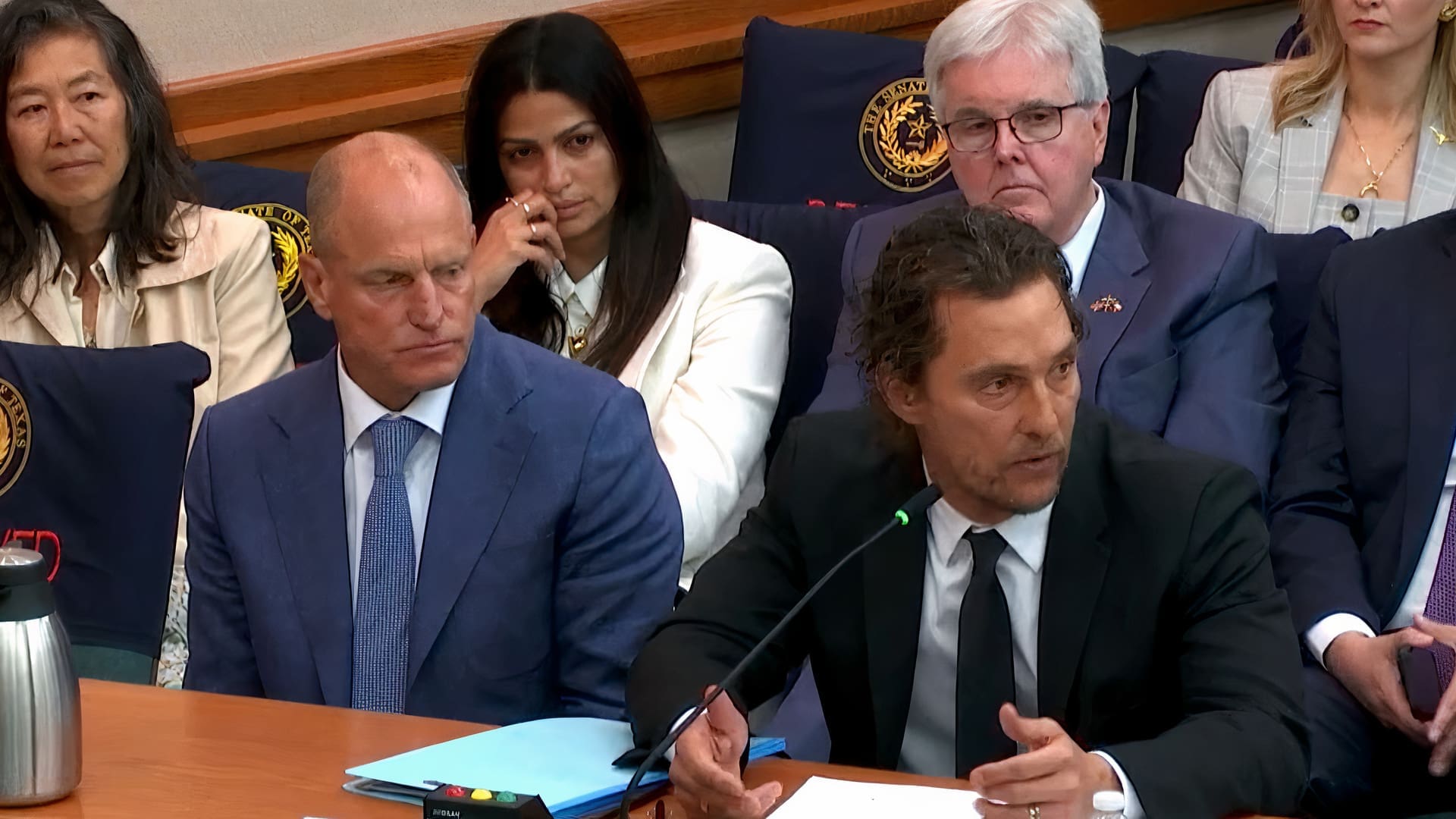While the Texas House considers new “economic incentive” schemes, a Dallas-based think tank is condemning corporate welfare programs—and the lawmakers who support them.
The Huffines Liberty Foundation—a project from former State Sen. Don Huffines—released a new paper explaining how corporate welfare, like the now-expired Chapter 313 program, harms Texas taxpayers.
Chapter 313 allowed school districts to offer tax breaks for 10 years to unreliable energy and other businesses—including the wind farms that failed Texans during the winter storm of 2021. The tax breaks came at no loss to the school districts. Instead, the state supplemented the lost revenue to the districts from sales taxes and other state-collected taxes.
According to the foundation, as of June 1, 2022, Texas businesses received $12.3 billion in tax cuts over 10 years; companies with Chapter 313 agreements also experienced a 50 percent reduction in property taxes.
While Chapter 313 supporters promoted the program’s investment in unreliable energy sources like wind and solar, the industry only created one to two jobs per location, despite making up 65 percent of all Chapter 313 projects.
“It is worth asking what exactly Texans have gotten for the billions of dollars of local tax abatements given to businesses in Texas,” wrote Huffines.
Although Chapter 313 expired at the end of 2022, the foundation highlighted three Texas Republicans who filed legislation to replace the program with new corporate welfare schemes: State Reps. J.M. Lozano (R–Kingsville) and Todd Hunter (R–Corpus Christi), as well as State Sen. Drew Springer (R–Muenster).
Earlier this week, the Texas House Committee on Ways and Means heard public testimony on Hunter’s House Bill 5. Despite Hunter’s claims that the measure is not Chapter 313, citizens criticized the bill for giving companies tax breaks at the expense of Texans.
The Huffines Liberty Foundation’s paper condemned Gov. Greg Abbott, Lt. Gov. Dan Patrick, and House Speaker Dade Phelan (R–Beaumont) for failing to meaningfully reduce citizens’ property taxes while also supporting corporate welfare.
“Yet Texas legislators and Gov. Abbott are on board with minimizing property tax relief for Texans this session while supporting big business lobbyists’ call for property tax abatements for their clients,” wrote the foundation.
The organization said there is no evidence to suggest that Chapter 313 created new jobs or incentivized more business investment in Texas, but the program did negatively affect citizens.
“It is clear, however, that Texans do not win when tax abatements are granted to these businesses,” wrote the group. “Abatements are simply a transfer of wealth from regular taxpayers to big companies.”
The foundation said that Texas lawmakers supportive of Chapter 313 or other corporate welfare programs are not working in the best interest of their constituents.
“Tax abatements—giving tax breaks to politically connected businesses—while continuing to raise everyone else’s property taxes to pay for the abatements is theft,” wrote the organization. “Members of the Texas Legislature that vote for these programs—and governors that sign the bills that allow for them—are aiding and abetting theft.”
No ads. No paywalls. No government grants. No corporate masters.
Just real news for real Texans.
Support Texas Scorecard to keep it that way!





